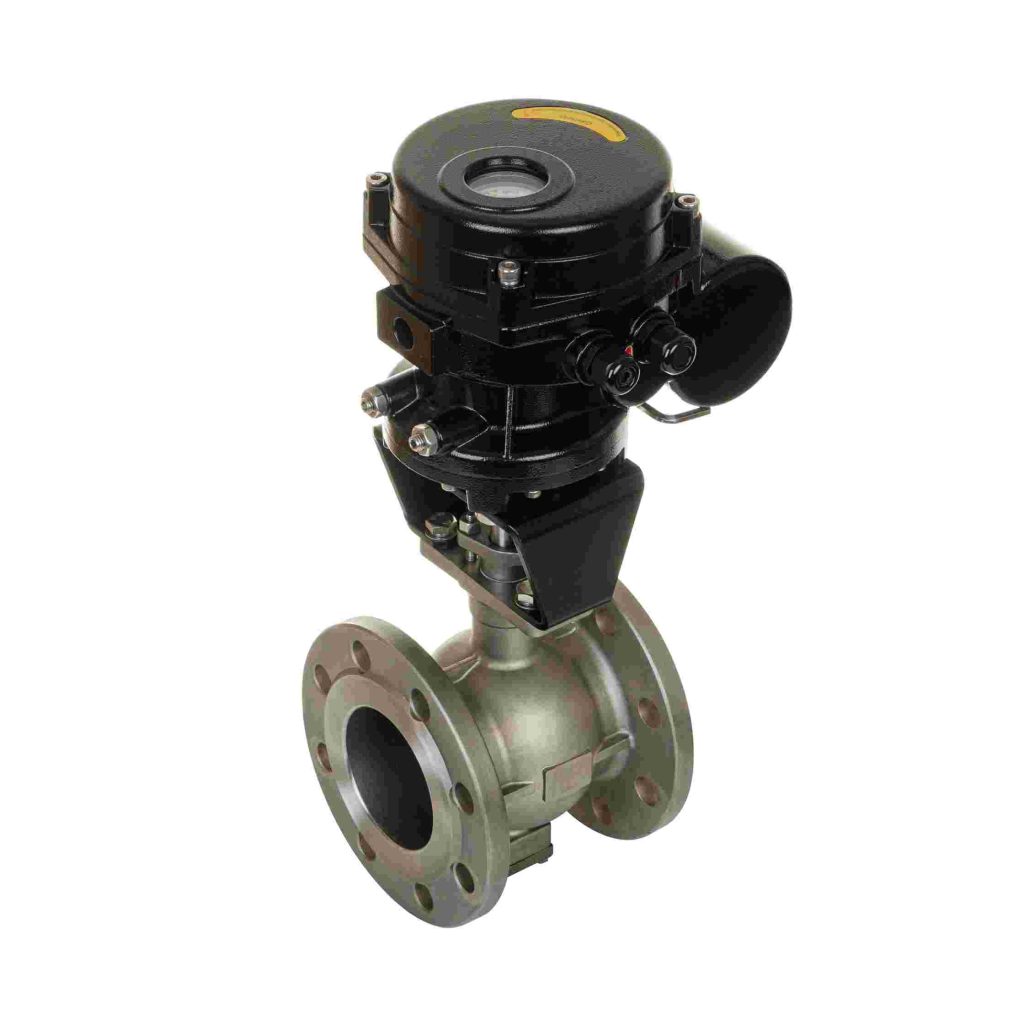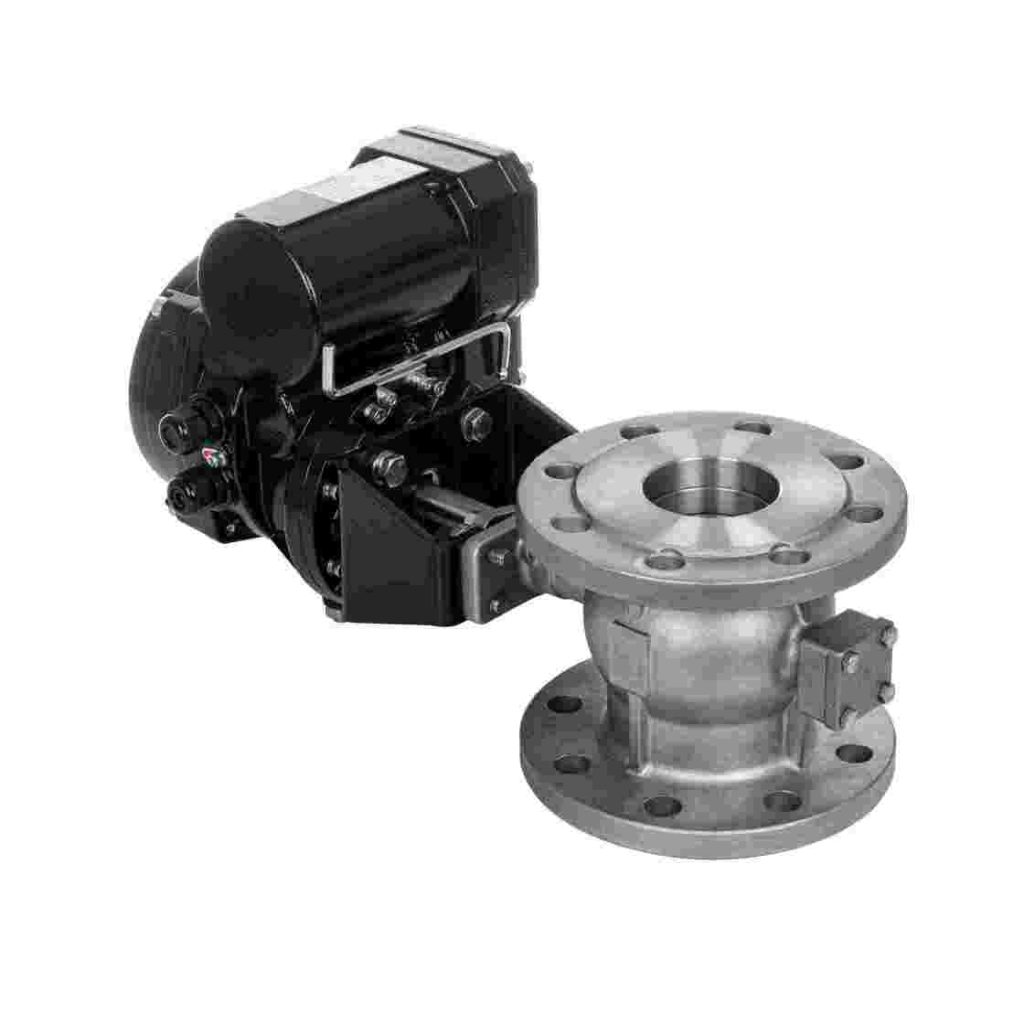In the quest for sustainable energy solutions, hydrogen has emerged as a promising candidate due to its potential as a clean fuel. Hydrogen energy, when utilized effectively, can play a critical role in reducing carbon emissions and promoting environmental sustainability. A crucial component in the hydrogen energy infrastructure is the electric valve, specifically designed to control the flow of hydrogen in various applications. This article explores the significance of hydrogen energy electric valves, their functions, and their impact on the future of energy systems.

Understanding Hydrogen Energy

Hydrogen is the most abundant element in the universe, and when used as a fuel, it produces only water vapor as a byproduct, making it an environmentally friendly energy source. Hydrogen can be generated from various methods, including electrolysis, gas reforming, and biomass conversion. It can be stored and transported in different forms, such as compressed gas or liquid hydrogen. However, the safe and efficient management of hydrogen is paramount, particularly given its flammability and low ignition energy. The Importance of Electric Valves in Hydrogen Energy Systems Electric valves are essential in managing the flow, pressure, and direction of gases, including hydrogen. These valves are automated devices that use electric actuators to open or close the valve based on the control signals they receive. In hydrogen energy systems, electric valves offer several advantages:

Leave a Reply